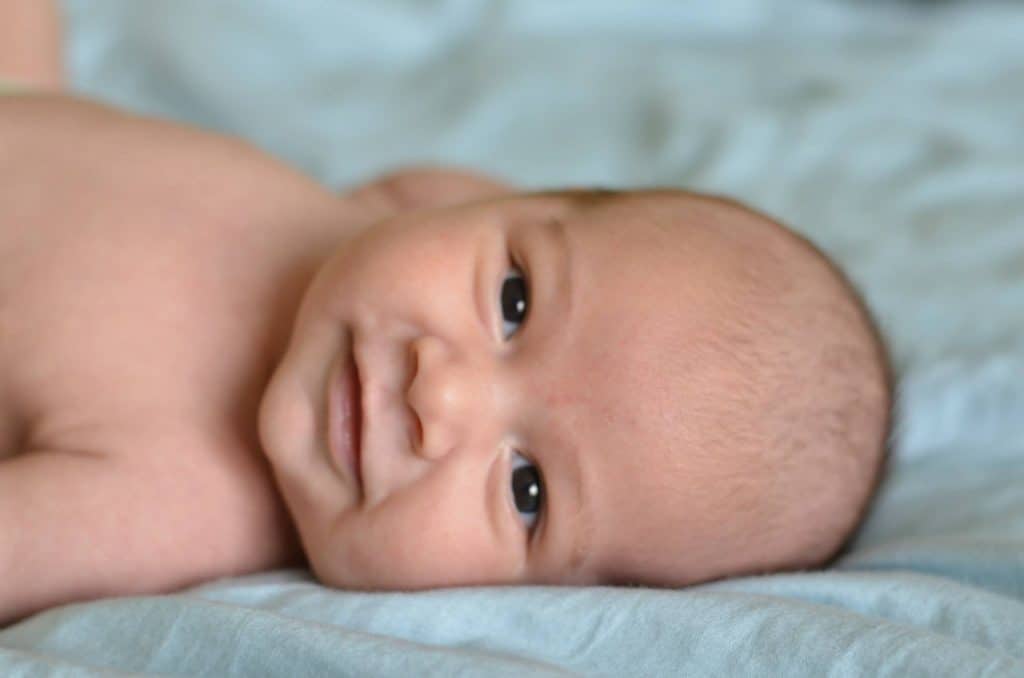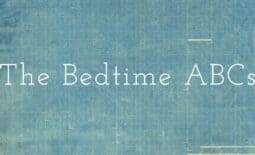How a Newborn Really Sleeps
 Only a parent will hear the phrase ‘sleep like a baby’ and want to burst out laughing. Because we all know that to sleep like a baby means waking several times a night, having needs that can only be met by someone else, and not even being able to open a window if we’re too hot! Sleeping like a baby does not sound like a peaceful prospect at all! Here’s the lowdown on how a newborn really sleeps.
Only a parent will hear the phrase ‘sleep like a baby’ and want to burst out laughing. Because we all know that to sleep like a baby means waking several times a night, having needs that can only be met by someone else, and not even being able to open a window if we’re too hot! Sleeping like a baby does not sound like a peaceful prospect at all! Here’s the lowdown on how a newborn really sleeps.
Newborn sleep patterns
A newborn’s sleep patterns are very different to our own. They experience many more sleep cycles per night, and as a result go through many more REM phases too. This means that there is more potential for waking, and more chance that they will need some help getting back to sleep. Add to that the fact that a newborn baby’s tummy is only very small and needs filling regularly, then you have some idea of how they’re going to sleep at night.
But did you know that waking up is only really one of the issues that newborn babies bring with their sleep? Most parents are unprepared for the noises they make too!
Newborn noises
You’re ready for your baby to cry, right? You know that this is how they communicate a need to you and until they are speaking (and therefore much older) this is their only way of getting your attention. So we, as parents, expect our babies to cry. But then they start to grunt… and groan… and moan… and really quite loudly too. What’s that all about?
It can be alarming. Parents will often wonder if their baby is struggling to breath. And it’s worth saying here that if you are at all concerned about this, please seek medical attention. But it’s also worth noting that some grunts and moans are perfectly normal too. It’s a minefield, isn’t it?
Noisy sleeping is normal
So in case you were wondering, not many newborn babies sleep soundly. Grunts and groans are completely normal and you might be surprised at just how loudly they occur too. Then you get the jerky reflex movements too, and it seems as though your baby is never going to be able to sleep through it all, let alone you! Swaddling will help with the reflexes, by the way.
As your baby moves through sleep cycles, you’ll notice periods of deep, peaceful sleep, alongside periods of very noisy grunty sleep too. It’s quite normal!
If the noises bother you
First of all, rest assured that your baby is going to sleep through all of this. But that doesn’t make it any easier for you, if you’re used to silence as you sleep! It might help to use a white noise app to muffle the sounds a little, but really there isn’t much you can do. As your baby sleeps, you’ll notice that her breathing moves in cycles too. Breaths will become faster and deeper, then slower and shallower. Breathing can also pause for up to five seconds- the longest five seconds in every parents life. This is called periodic breathing and, again, is quite normal.
A newborn will generally breath 40 breaths per minute, but this can slow down to around half during sleep. All of this is thanks to an immature breathing-control centre in the brain. And along with the ‘odd’ breathing patterns, there are the noises. Squeaks, grunts, moans, groans- they’re all normal.
That said, there are some points to note…
Wind?
If you feel the noises are a little excessive even for a newborn baby, it could be an idea to check for wind. Sometimes babies grunt and groan when they need to release gas after a feed, so if this is the case you can gently pick her up and encourage her to pass the wind.
Congestion?
Sometimes your baby might sound a little ‘rattly’ and this can be down to mucus in the nose. You can use a nasal aspirator to ease this.
Nose breathing
Newborn babies breathe through their noses, so sometimes this can result in a whistling noise as they sleep. Dried mucus or milk can often be the cause of this so you can gently wipe the nose area to ease it a little.
Throat clearing
A gurgling sound can often just be baby clearing the throat.
What may not be normal
As already mentioned, if you are at all concerned about your baby’s breathing, seek medical attention at once. Signs of respiratory distress include:
-
- Rapid breathing- more than 70 breaths per minute
- Persistent grunting- if baby grunts at the end of each breath, call the doctor to have the breathing assessed
- Nostril flaring- baby could be working too hard to get air into the lungs
- Retractions- if the muscles under the ribs appear to be working too hard they will be more visible and will contract more deeply than usual



